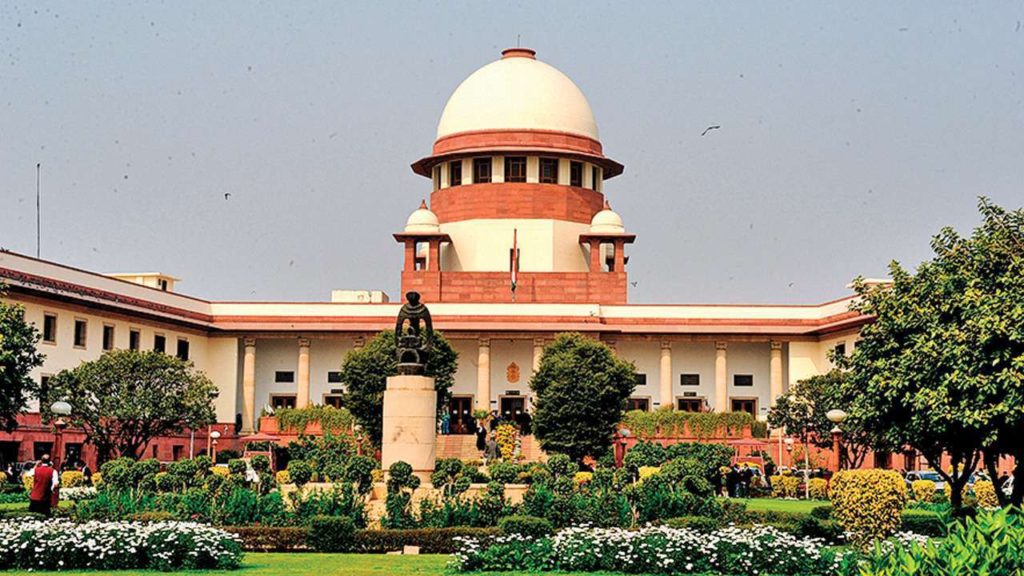Anadi Tewari
The Supreme Court recently while allowing a leave to appeal has observed that “While deciding a criminal appeal on merits, the High Court was required to apply its mind to the entirety of the case including the evidence on the record before arriving at its conclusion.”
The bench of Justices DY Chandrachud and MR Shah was hearing an appeal against the order of a Division Bench of the Allahabad High Court in Criminal Appeal No 2518 of 2013 [Ambarish v. State of U.P.], which reversed the judgment of conviction of the accused by the Additional Sessions Judge.
Background of the Case
The accused (now respondent) was convicted of an offence under Section 364A of the Indian Penal Code, 1860 and was sentenced by the Additional Sessions Judge of the Trial Court to undergo imprisonment for life, to a fine of Rs 5000/- and in default, to undergo imprisonment for a period of 1 year.
The criminal appeal before the Allahabad High Court was instituted by the accused (now respondent) in order to challenge the judgment and order of the Additional Sessions Judge. The Allahabad High Court allowed the appeal and the judgment of the Trial Court was set aside. The State of U.P. (now appellant) has moved the criminal appellate jurisdiction of the Supreme Court.
Observation of the Supreme Court
The bench on ex-facie reading of the Allahabad High Court’s judgment noted that there has been no independent evaluation by the High Court of the evidence or, for that matter, of the submissions which were recorded by the High Court. The Court took note of the observations made recently by the 3 judges bench of the Supreme Court in the case of State of Gujarat v. Bhalchandra Laxmishankar Dave [(2021) 2 SCC 735]:
“6.1. Being First Appellate Court, the High Court was required to re-appreciate the entire evidence on record and also the reasoning given by the Learned trial Court while convicting the accused. Non-reappreciation of the evidence on record may affect the case of either the prosecution or even the accused. Being the First Appellate Court the High Court ought to have re-appreciated the entire evidence on record without any limitation, which might be there while dealing with an appeal against the order of acquittal passed by the Learned Trial Court. 6.2….so far as the appeal against the order of conviction is concerned, there are no such restrictions and the Court of appeal has wide powers of appreciation of evidence and the High Court has to re-appreciate the entire evidence on record being a First Appellate Court.”
In light of the above-mentioned observations, the Court was of the view that there are no adequate reasoning left to support the impugned judgment of the Allahabad High Court.
The order of the Court while disposing of the applications stated:
“We are of the view that it would be appropriate to allow the appeal and to remand the proceedings back to the High Court for a decision afresh. In order to facilitate this exercise, we allow the appeal and set aside the impugned judgment and order of the High Court.”
Case: State of U.P. v. Ambarish [Criminal Appeal No. 446 of 2021]
Click Here To Download The Order

